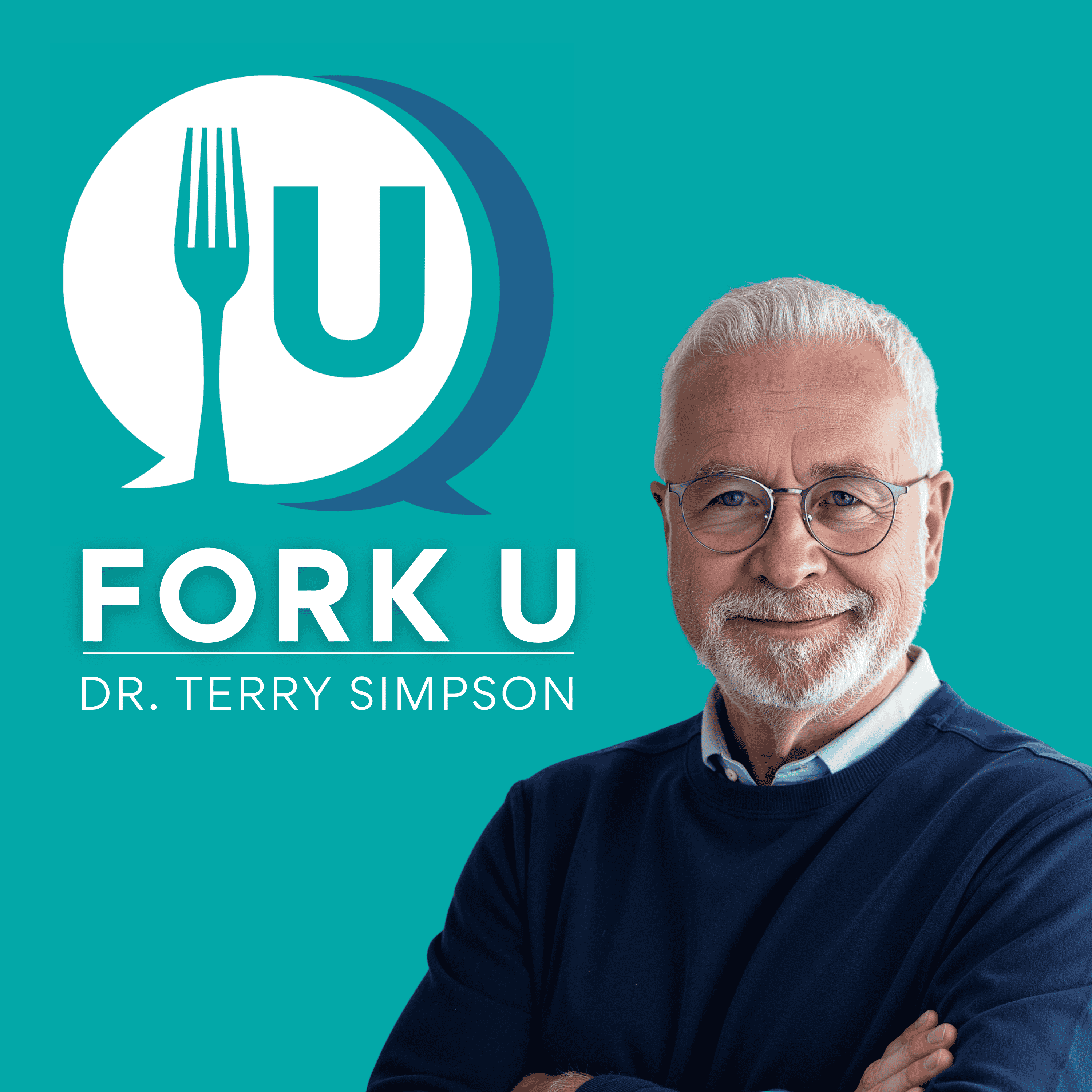Episode 10
Can You Beet Hypertension?
It turns out that the juice from beets may lower blood pressure in a sustained and lovely manner. Beets, you see, besides being a colorful vegetable, contain a high level of Nitrate (NO3-). And this is absorbed by the body and converted into nitric oxide. Nitric oxide is that amazing molecule that relaxes blood vessels and improves blood flow.
How Your Body Gets Nitric Oxide
The conversion of nitrate into nitrite, which is then converted into nitric oxide is a fun pathway.
When you eat your greens (yes even lettuce has nitrates) your intestines absorb it and then it is secreted back into saliva where those bacteria in your mouth digest the nitrate (NO3-) into nitrite (NO2-) <-- for you chemistry major nerds. It is that nitrite that is converted to nitric oxide in the body as it needs it - and often it needs it.
This particular study gave volunteers 250 ml of beet juice (what happens if you say that three times and fast?) - 34 of whom were on blood pressure medicine and 34 who were not (four people dropped out of the study).
These people were randomized to receive, daily, one cup (250 ml) of beetroot juice (same as beet juice) daily, or the placebo which was nitrate free beet juice. No one could tell the difference in taste. BMI was constant in both groups, about 25-26. They measured, besides blood pressure, nitrates.
What happened?
There was a large increase in NOX (nitrates and nitrites) and cGMP (the signaling molecule ) but more importantly there was a sustained and real drop in blood pressure by 7.7 mm of Hg which was NOT seen in the nitrate free beet juice.
The drop in systolic blood pressure was seen after the first week and the ultimate reduction of 8.1/3.6 Hg reduction was not altered by a change in heart rate.
Two weeks after stopping this regimen the blood pressure returned to normal.
Did you know that every increase of systolic blood pressure by 2 mm of Hg increases mortality of heart disease and stroke by about ten percent? This showed a reduction of 7.7 mm of Hg in systolic blood pressure.
Dietary Implications
Nitrates are not only found in beets, but also in many other vegetables. One of the clearest and classic papers for the use of the DASH diet showed that the adoption of this diet lead to blood pressure reduction in adults. While this diet was using salt as the major effector, it is clear that the increased use of vegetables with their high nitrate component is an additional determinant in nitrates and blood pressure reduction.
[caption id="attachment_9737" align="aligncenter" width="640"]
All vegetables, even the green ones have nitrates[/caption]
It may be that the increase in vegetable servings in the DASH diet may be a secondary and important factor for blood pressure reduction in both the DASH and Mediterranean Diets. For a review of the diet and hypertension click here.
But what is even more impressive is if we look back at people who have increasing vegetable intake with ultimate cardiovascular disease. The Danish report looked at this and concluded, " Moderate vegetable nitrate intake was associated with 12%, 15%, 17% and 26% lower risk of ischemic heart disease, heart failure, ischemic stroke and peripheral artery disease hospitalizations respectively." - see the reference below or click here.
This goes against the Carnivore diet where they state there is no need for vegetables. Showing that vegetables are needed and produce improved quality of life.
REFERENCES:
Kapil V, Khambata RS, Robertson A, Caulfield MJ, Ahluwalia A. Dietary nitrate provides sustained blood pressure lowering in hypertensive patients: a randomized, phase 2, double-blind, placebo-controlled study. Hypertension. 2015 Feb;65(2):320-7. doi: 10.1161/HYPERTENSIONAHA.114.04675. Epub 2014 Nov 24. PMID: 25421976; PMCID: PMC4288952.
Bahadoran Z, Mirmiran P, Kabir A, Azizi F, Ghasemi A. The Nitrate-Independent Blood Pressure-Lowering Effect of Beetroot Juice: A Systematic Review and Meta-Analysis. Adv Nutr. 2017 Nov 15;8(6):830-838. doi: 10.3945/an.117.016717. Erratum in: Adv Nutr. 2018 May 1;9(3):274. PMID: 29141968; PMCID: PMC5683004.
Jakubcik EM, Rutherfurd-Markwick K, Chabert M, Wong M, Ali A. Pharmacokinetics of Nitrate and Nitrite Following Beetroot Juice Drink Consumption. Nutrients. 2021 Jan 20;13(2):281. doi: 10.3390/nu13020281. PMID: 33498220; PMCID: PMC7908977.
Filippou CD, Tsioufis CP, Thomopoulos CG, Mihas CC, Dimitriadis KS, Sotiropoulou LI, Chrysochoou CA, Nihoyannopoulos PI, Tousoulis DM. Dietary Approaches to Stop Hypertension (DASH) Diet and Blood Pressure Reduction in Adults with and without Hypertension: A Systematic Review and Meta-Analysis of Randomized Controlled Trials. Adv Nutr. 2020 Sep 1;11(5):1150-1160. doi: 10.1093/advances/nmaa041. PMID: 32330233; PMCID: PMC7490167.
Bondonno CP, Dalgaard F, Blekkenhorst LC, Murray K, Lewis JR, Croft KD, Kyrø C, Torp-Pedersen C, Gislason G, Tjønneland A, Overvad K, Bondonno NP, Hodgson JM. Vegetable nitrate intake, blood pressure and incident cardiovascular disease: Danish Diet, Cancer, and Health Study. Eur J Epidemiol. 2021 Aug;36(8):813-825. doi: 10.1007/s10654-021-00747-3. Epub 2021 Apr 21. PMID: 33884541; PMCID: PMC8416839.


